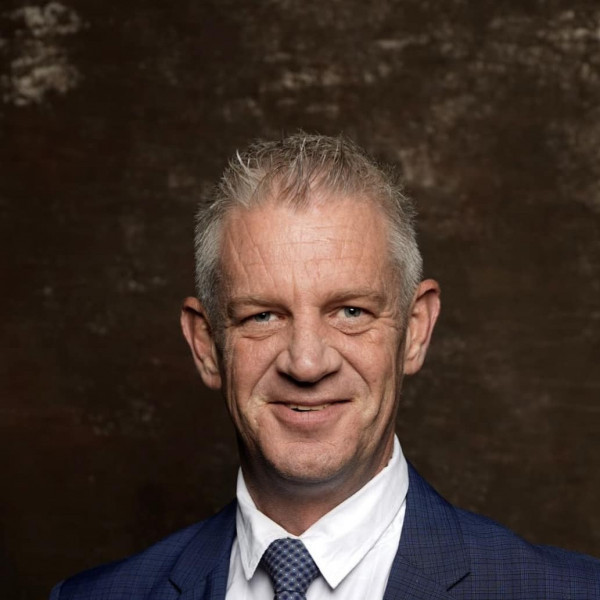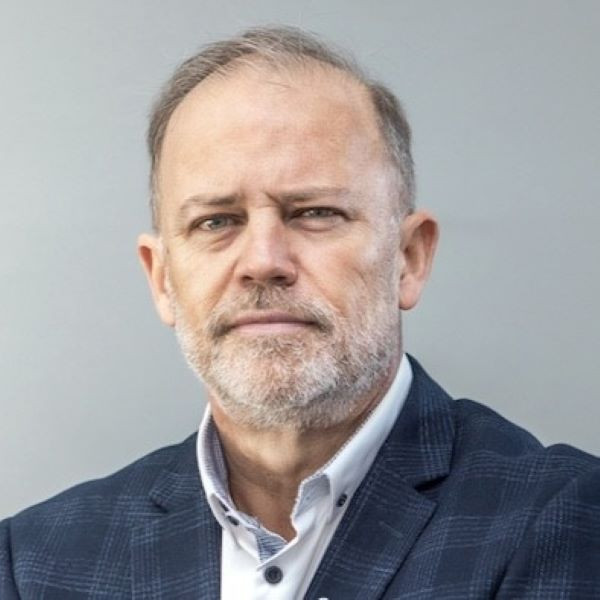
Interest in renewable energy amid blackouts
Loading player...
Interest from small and mid-size enterprises in South Africa around renewable energy generation systems are at a peak, as the country experiences rolling blackouts due to power supply constraints.
This is according to Managing Director of Retail Capital, Miguel da Silva, who tells the Business Hour that he and his team are observing increased applications for funding from small businesses aimed at going off the grid via the renewable generation systems.
It is estimated that it could cost a business anywhere between R 50 000 and R 250 000 to do this.
Despite these initial costs, Da Silva says it’s important for business to trade and generate revenue and the impact of blackouts impact the entire value chain, it’s not sustainable in the long run for businesses, hence the increased applications from businesses to go off the grid.
He argues it is going to be cheaper in the long run with looming 20,5% electricity tariff hikes proposed by Eskom in mid-December 2021.
Eskom implemented a first bout of load-shedding for 2022 in early February to prevent what it called a “catastrophic blackout” with CEO Andre de Ruyter noting the reason behind the blackouts as depleted water and diesel reserves.
“The water and diesel act as the buffer to prevent total system blackout - so it is necessary to replenish it,” says the power utility’s CEO.
This is according to Managing Director of Retail Capital, Miguel da Silva, who tells the Business Hour that he and his team are observing increased applications for funding from small businesses aimed at going off the grid via the renewable generation systems.
It is estimated that it could cost a business anywhere between R 50 000 and R 250 000 to do this.
Despite these initial costs, Da Silva says it’s important for business to trade and generate revenue and the impact of blackouts impact the entire value chain, it’s not sustainable in the long run for businesses, hence the increased applications from businesses to go off the grid.
He argues it is going to be cheaper in the long run with looming 20,5% electricity tariff hikes proposed by Eskom in mid-December 2021.
Eskom implemented a first bout of load-shedding for 2022 in early February to prevent what it called a “catastrophic blackout” with CEO Andre de Ruyter noting the reason behind the blackouts as depleted water and diesel reserves.
“The water and diesel act as the buffer to prevent total system blackout - so it is necessary to replenish it,” says the power utility’s CEO.




